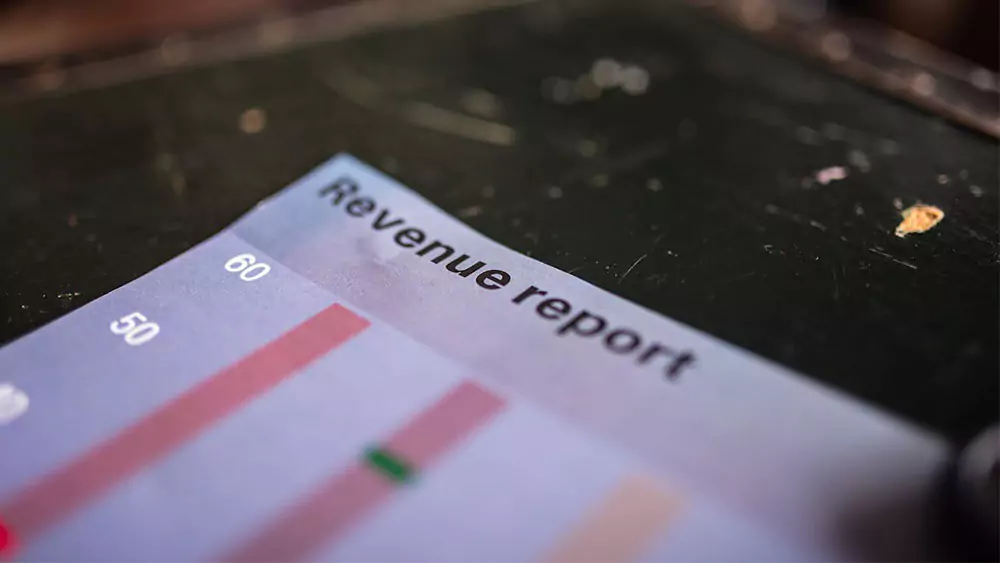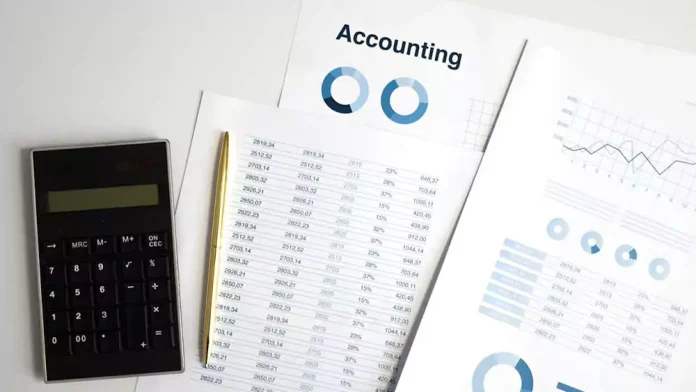Effectively managing costs is the cornerstone of a successful project, yet it remains one of the most challenging aspects for businesses today. Project accounting is a vital tool that allows organizations to track, report, and analyze financial data specific to each project. This specialized branch of accounting which sometimes also known as job cost accounting, ensures that businesses can maintain a tight grip on their financials, allowing for more accurate forecasting, budgeting, billing, revenue and strategic planning.
Grasping the concepts and strategies behind this discipline is essential for any business aiming to enhance its cost control mechanisms. Below, we delve into the facets of project accounting that make it indispensable in contemporary control account project management.
Understanding Project Accounting and Its Role in Cost Control

Project accounting focuses on tracking financial transactions for individual projects, offering a detailed view of each project’s financial health. This method allows managers to monitor costs in real-time, helping to quickly address any budget issues. Unlike traditional accounting, it provides a more precise analysis, which is essential for maintaining strict financial control within project management.
Project accounting supports compliance with industry regulations by keeping thorough records of project-specific finances. It aids in accurate reporting and taxation, ensuring transparency for stakeholders and improving trust. Using historical data, also helps project managers forecast future costs and make informed financial decisions.
Also Check: Most Common Tax Filing Mistakes
Essential Components of Project Accounting for Effective Cost Management
Project accounting is a crucial tool for effective cost management. It involves budget formation, which involves a detailed plan for each project phase, mapping resources, labor, and overheads to create a cost containment framework. Cost tracking is another pillar, highlighting variances and enabling proactive adjustments. Consistency in this process ensures a gradual approach to cost management. Revenue recognition is another crucial aspect, ensuring accurate financial statements and avoiding misinterpretation.
Firms must adopt a revenue recognition method that aligns with the project’s nature and reflects true financial performance. The integration of financial data into a company’s operational ecosystem is another important aspect. This allows for a comprehensive view of finances, revealing cross-project insights and potential economies of scale.
Overcoming Challenges in Project Cost Tracking with Project Accounting Tools
Project cost tracking faces challenges such as maintaining accuracy and timeliness in a fast-paced environment. Project accounting tools offer automated solutions for monitoring expenditures and resource utilization, reducing human error and ensuring a consistent view of project financials. Advanced software consolidates financial data from various sub-projects, simplifying analysis and reporting.
Accessibility of financial data to stakeholders is crucial, with role-based access features ensuring team members have the right level of visibility and input on financial matters. This collaborative approach fosters transparency and collective responsibility for cost control. Scalability is another issue, with modern project accounting solutions adaptable to various project sizes and complexities, ensuring the chosen tool remains valuable regardless of changes in project parameters.
Leveraging Real-Time Data for Proactive Cost Control in Project Management

Real-time data analytics has transformed project management by providing immediate access to financial metrics, enabling swift responses to potential overspends or anomalies. This shift from a retrospective analytical tool to a proactive financial management platform has improved risk management by enabling immediate mitigation strategies.
Leveraging real-time data also enhances productivity and operational efficiency, leading to process optimizations that reduce costs and enhance project profitability. The actionable intelligence provided by real-time analytics supports continuous improvement in project performance. Real-time financial insights benefit forecasting and strategic planning, allowing teams to adapt their strategies and financial models based on current performance, aligning with organizational goals and market conditions.
Check Also: How does Technology Benefit the Digital Marketing Industry?
How Project Accounting Facilitates Better Cost Decisions
Project accounting has proven successful in transforming cost management and project delivery outcomes for companies. By adopting sound methodologies, companies can gain control over project budgets and improve financial forecasting accuracy. For instance, IT engineers and firms can track software development costs by breaking expenses into granular categories, allowing for informed resource allocation.
An engineering company can tackle industry challenges like cost overruns and delayed timelines by identifying problematic cost drivers early and adjusting workflows. Non-profit organizations can benefit from project accounting principles, as they enhance transparency and accountability, enhance donor confidence, and ensure sustained funding.
Also Read: Hackers Hired by Top Companies
Control Account Project Management

Overall, project accounting is a strategic tool that can significantly improve project cost control. It involves understanding its fundamentals, using appropriate tools, tracking challenges, utilizing real-time data, and learning from case studies. It not only ensures financial health but also empowers decision-makers to guide projects towards profitable completion, enhancing overall project success.



